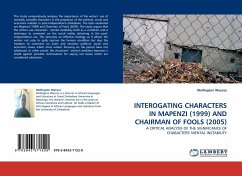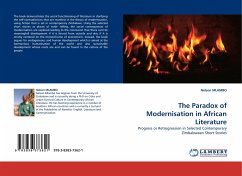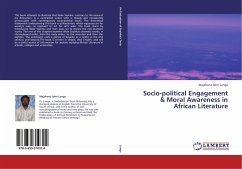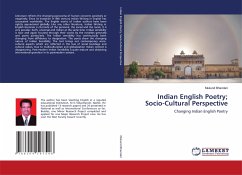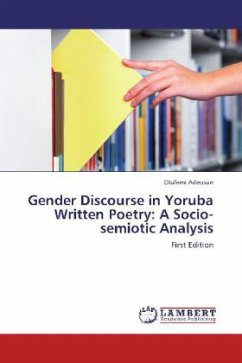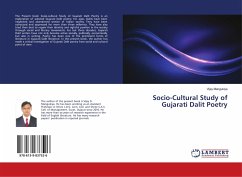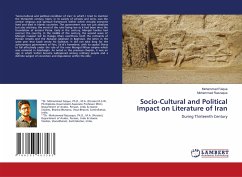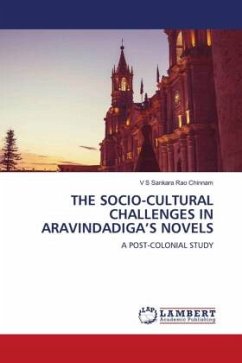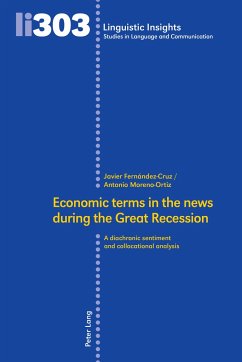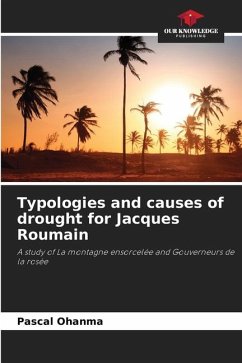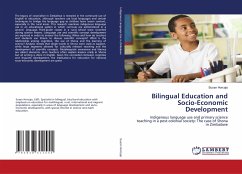
Bilingual Education and Socio-Economic Development
Indigenous language use and primary science teaching in a post-colonial society: The case of Shona in Zimbabwe
Versandkostenfrei!
Versandfertig in 6-10 Tagen
39,99 €
inkl. MwSt.

PAYBACK Punkte
20 °P sammeln!
The legacy of colonialism in Zimbabwe is revealed in the continued use of English in education, although teachers use local languages and certain techniques to bridge the language gap so children learn lesson content, especially in the rural areas. This research examines indigenous language use in an educational system in which curricula are administered in a second language. Third-grade classes in a rural school were recorded during science lessons. Language use and scientific concept development are explored in order to answer the following: When and how do teachers and students use Shona to...
The legacy of colonialism in Zimbabwe is revealed in the continued use of English in education, although teachers use local languages and certain techniques to bridge the language gap so children learn lesson content, especially in the rural areas. This research examines indigenous language use in an educational system in which curricula are administered in a second language. Third-grade classes in a rural school were recorded during science lessons. Language use and scientific concept development are explored in order to answer the following: When and how do teachers and students use Shona to discuss scientific concepts? What is the relationship among cognition, the use of Shona and the learning of science? Analysis reveals that single words in Shona were used as support, while large segments allowed for culturally relevant teaching and the development of scientific concepts. Metalinguistic awareness and literacy are salient elements, since teachers often explain lessons orally in Shona but all writing is done in English. Given the correlation between cognitive and linguistic development, the implications for education for national socio-economic development are great.



